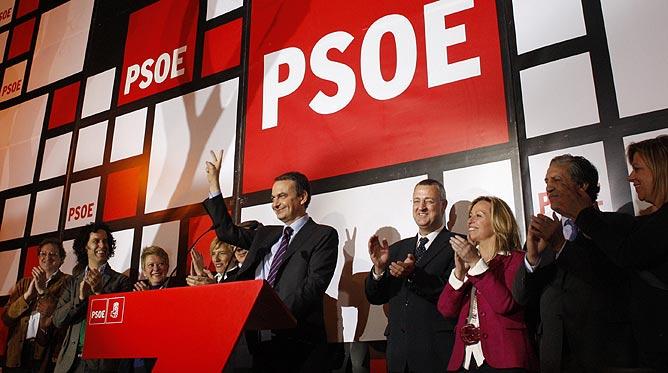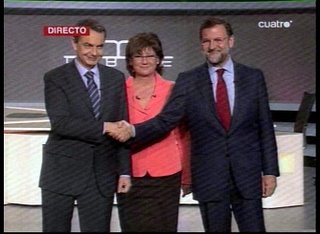Fines for misusing water in Barcelona
Fines of up to 3000 euros to be imposed for the misuse of water in Barcelona as from today
Wasting water in Barcelona and its suburbs could end up being very expensive as from today due to the fact that La Entitat del Medi Ambient (EMA), an organization that covers 33 districts will start to impose fines on those people who use drinking water to water their gardens or fill up their swimming pools.
Fines of 30 euros are to be imposed for washing your car in the street using drinking water and 50 euros for those who use this resource to water gardens less than 250 m2.
The severity of the sanctions is aimed to be proportional to the size the pool or garden in question. Fines can be up to 750 euros for a minor incident, up to 1500 for a serious misuse of water or up to 3000 for the very serious misuse of water.
If someone who has been fined once continues to misuse water in the same way this would be viewed as a very serious action and their water supplies could be cut off as a result.
Some examples of minor fines apart from washing your car in the street are watering a garden between 250 and 1000 m2 – 200 euros and filling a pool 12m by 6m – 20 euros.
If somebody waters a garden between 1000 and 3000 m2 with drinking water this could result in a fine of 800 euros and filling a swimming pool 12m by 25 m with drinking water could result in a fine of 700 euros.
But the highest fines are reserved for people who water their garden with drinking water if it is more than 3000 m2 – this could result in a fine of 2500 euros. Filling a pool over 52 metres wide could result in a fine of 2800 euros.
It will be left up to each individual town hall to manage the system of fines. Town council inspectors, the local police and the Catalan police, the Mossos d'Esquadra, will be responsible for detecting the inappropriate use of drinking water.
Although the system of fines has only be in place for some hours a case has already been detected in Sant Cugat del Vallès where the town council has discovered a resident filling their own private pool using drinking water. Nevertheless, it is yet to be seen how effective the system of fines will be in helping reduce the consumption of drinking water.
Related: Drought in Spain
Wasting water in Barcelona and its suburbs could end up being very expensive as from today due to the fact that La Entitat del Medi Ambient (EMA), an organization that covers 33 districts will start to impose fines on those people who use drinking water to water their gardens or fill up their swimming pools.
Fines of 30 euros are to be imposed for washing your car in the street using drinking water and 50 euros for those who use this resource to water gardens less than 250 m2.
The severity of the sanctions is aimed to be proportional to the size the pool or garden in question. Fines can be up to 750 euros for a minor incident, up to 1500 for a serious misuse of water or up to 3000 for the very serious misuse of water.
If someone who has been fined once continues to misuse water in the same way this would be viewed as a very serious action and their water supplies could be cut off as a result.
Some examples of minor fines apart from washing your car in the street are watering a garden between 250 and 1000 m2 – 200 euros and filling a pool 12m by 6m – 20 euros.
If somebody waters a garden between 1000 and 3000 m2 with drinking water this could result in a fine of 800 euros and filling a swimming pool 12m by 25 m with drinking water could result in a fine of 700 euros.
But the highest fines are reserved for people who water their garden with drinking water if it is more than 3000 m2 – this could result in a fine of 2500 euros. Filling a pool over 52 metres wide could result in a fine of 2800 euros.
It will be left up to each individual town hall to manage the system of fines. Town council inspectors, the local police and the Catalan police, the Mossos d'Esquadra, will be responsible for detecting the inappropriate use of drinking water.
Although the system of fines has only be in place for some hours a case has already been detected in Sant Cugat del Vallès where the town council has discovered a resident filling their own private pool using drinking water. Nevertheless, it is yet to be seen how effective the system of fines will be in helping reduce the consumption of drinking water.
Related: Drought in Spain
Labels: pollution and environment





